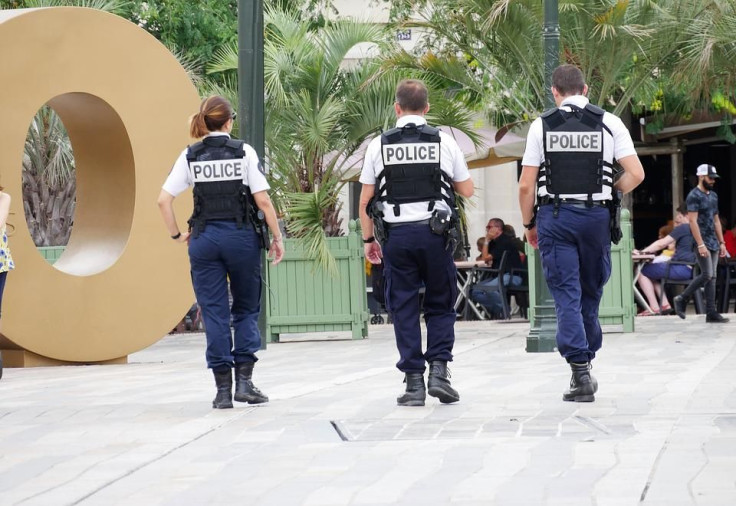President Xiomara Castro proclaimed a state of emergency in Honduras to combat a rise in gang activity, which has resulted in increased police presence on the Central American country's streets, Al Jazeera reported.
On Friday, Nov. 25, a photographer for the AFP news agency observed numerous officers, including members of the special forces, in the nation's capital, Tegucigalpa.
On Thursday, Nov. 24, Castro, Honduras's first female president, who assumed office at the start of 2022, issued a state of emergency and asked police to retake public areas "assaulted and controlled by organized crime and its gangs."
Additionally, she requested that police pinpoint any problematic spots where "the partial suspension of constitutional guarantees" could be required.
“To strengthen efforts to recover lawless areas in the neighborhoods, in villages, in departments, I declare a national state of emergency,” Castro said as she announced the measures during a live television broadcast.
Police chief Gustavo Sanchez said he would dedicate more funds and at least 20,000 officers to the efforts to stamp out gang activity.
Castro stated that her government had declared "war on extortion, just as we declared war on corruption, impunity, and drug trafficking," and that the state of emergency would also permit enhanced security controls on roads and include measures against money laundering.
Even though the security plan went into effect on Thursday, Congress still needs to authorize the suspension of fundamental rights.
Just a few days prior, hundreds of truckers had demonstrated in the nation's capital, calling on the government to act to prevent gangs from demanding a "war tax" from them.
Poverty, gangs, and violence linked to drug trafficking have long been problems in Honduras, but gangs, most notably the Mara Salvatrucha MS-13 and Mara Barrio 18 gangs, have recently been extorting Honduran citizens.
Gangs promise protection or promise that people who pay will not be killed in exchange for the "war tax". Businesses and individuals have paid the price out of fear after the gangs burned down buses and killed drivers who refused to do so.
According to the Association for a More Just Society, a security-focused NGO, this extortion generates annual profits of $737 million for the gangs.

© 2025 Latin Times. All rights reserved. Do not reproduce without permission.



